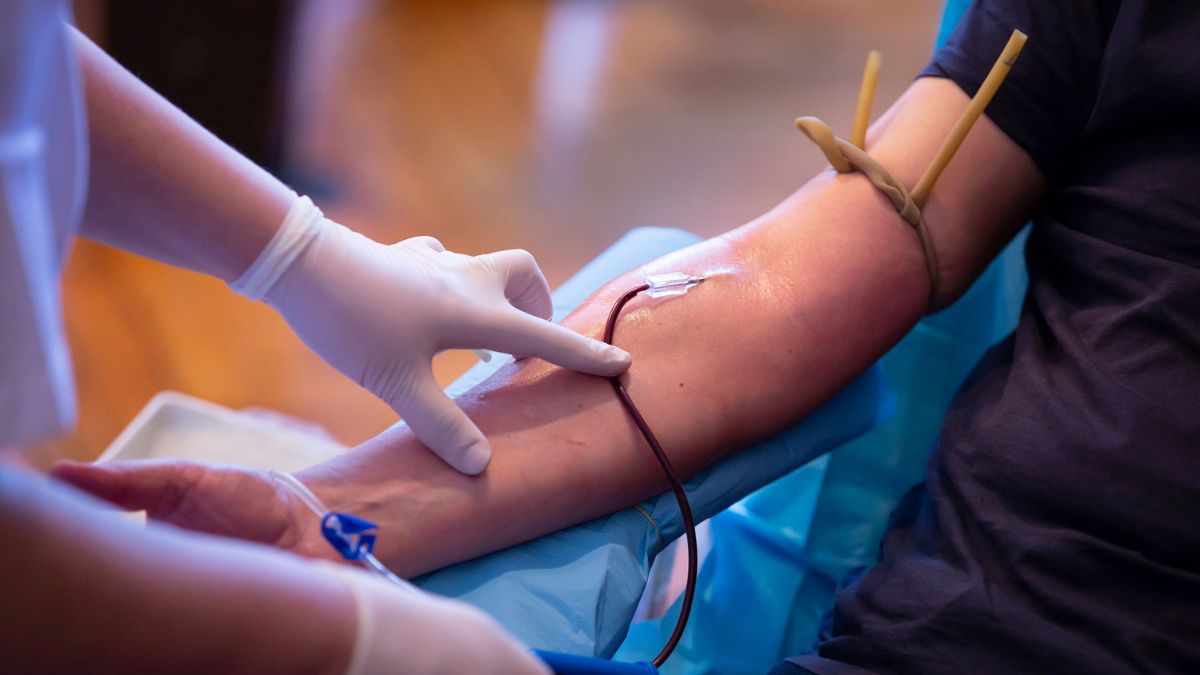Physiotherapy for Stroke Patients: Techniques for Improved Mobility
Physiotherapy for Stroke Patients: Techniques for Improved Mobility
The Importance of Regular Blood Donation and Its Health Benefits

The Importance of Regular Blood Donation and Its Health Benefits
In the grand tapestry of human health and altruism, few acts weave together the threads of benevolence and self-care as elegantly as the act of blood donation. This simple, yet profoundly impactful gesture not only saves lives but also offers an array of health benefits to the donor, making it a paragon of the adage, “giving is receiving.” The importance of regular blood donation is a tale of unsung heroism, a narrative that deserves to be told with the awe and admiration it warrants.
Imagine, if you will, a single unit of blood—about 450 milliliters, a mere pint in the vast ocean of the human body—yet, this small quantity has the power to resurrect hope, to anchor life back to the brink of despair. Every two seconds, someone in the United States needs blood. From accident victims to surgery patients, from those battling cancer to the warriors of chronic diseases, the demand for blood is relentless and universal. Yet, despite its critical importance, a mere fraction of eligible donors partake in this life-sustaining practice. The narrative of blood donation is not just one of necessity but of urgent humanity.
But let us not overlook the protagonist of our story—the donor, whose act of giving is silently, yet significantly, rewarded. Beyond the immediate sense of accomplishment and the joy of knowing that their donation could save up to three lives, donors experience tangible health benefits that are nothing short of miraculous. Regular blood donation is akin to a cleanse for the body, a ritual that can improve cardiovascular health and reduce the risk of heart disease. By lowering the iron levels in the body, it reduces the risk of heart attacks and strokes, particularly in men and postmenopausal women who are at a higher risk due to elevated iron levels.
Moreover, the process of blood donation is a window to one’s health, offering free health screenings that can reveal potential health issues ranging from hypertension to more severe conditions like hemochromatosis or blood-borne diseases. This preemptive insight into one’s health status is invaluable, acting as a sentinel that guards the donor against the silent approach of illness.
The psychological benefits of blood donation weave yet another layer into this narrative. The act of donating blood is a profound exercise in empathy, a testament to the human capacity for compassion. It strengthens the communal bonds, reminding us of our shared humanity and our collective responsibility towards each other. This altruistic act nourishes the soul, imbuing the donor with a sense of purpose and belonging that is both rare and precious in our increasingly fragmented world.
In conclusion, the importance of regular blood donation is a multifaceted saga of life, health, and humanity. It is a narrative that deserves to be celebrated, a call to action that beckons with the promise of saved lives and improved health. To donate blood is to partake in a legacy of hope, to be a beacon of life in the darkness of despair. Let us, therefore, embrace this noble practice with open arms and open veins, for in the act of giving, we receive the greatest gift of all—the gift of life itself. In this grand tapestry of existence, each donation is a stitch that binds us closer, a thread that weaves together the fabric of humanity in hues of health, hope, and heart.